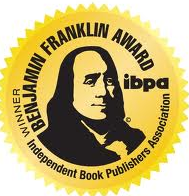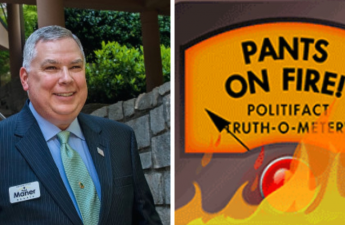
Here’ s a review of Brambleman by G.D. Brennan, a Chicago author who gives it five stars. I’m flattered, of course, and I’m especially gratified when a reader gets out of the book what I was certain I put into it. Brennan’s observation echoes my feelings. When I was pitching the book, I said, “Imagine Neil Gaiman and Joseph Heller collaborating on To KIll a Mockingbird.” Close enough, G.D. To see the original review, click here.
To purchase a copy of Brambleman, click here.
G.D. Brenna writes:
Imagine Neil Gaiman and Flannery O’Connor collaborating on a story about the legacy of a true-life ethnic cleansing in rural Georgia. Better yet, imagine that story being told by someone with both of those authors’ greatest skills–Gaiman’s deft and believable blending of the supernatural and the realistic, O’Connor’s sharp eye for the South’s gritty underbelly–and a wicked sense of humor that easily surpasses either of those authors. Imagine that, and you’ll have a chance of picturing “Brambleman.” (Of course, you probably still won’t come close, because Grant’s skills are such that this story unfolds unpredictably, with a number of delightful turns of fate that keep the reader guessing, and enthralled.)
The story begins with a struggling author, Charlie Sherman, getting kicked out of his house after his wife caught him behaving like (as he later puts it) “Onan the Barbarian.” He ends up living in the basement of a dementia-addled woman, reworking the unpublished manuscript of her late husband, a scholar who’d been exploring the expulsion of African-Americans from Forsyth County, Georgia in 1912. Shades of “Sunset Boulevard” and “Misery,” perhaps, but what might have been a self-contained and derivative story arc for a less ambitious author ends up as just the opening of a full, rich and epic work, part history lesson, part satire about race and class in 21st century America, part exploration of the nature of faith and God and good and evil.
I usually hate, hate, HATE books whose protagonist is an author. But Grant did an awesome job with his–he’s unafraid to make Charlie look too good or too bad, unafraid to show both the ridiculous fantasies (a hot hookup with the cute coffee shop barista, and maybe a friend of hers as well) and the pathetic realities (attempting to conceal from said barista that one is broke and living in a van) that can plague the undiscovered author. (Hopefully he won’t stay that way; there’s so much to love about this book that I really hope it finds a wider audience. Describing lynchings and mob justice in Georgia in 1912, for instance, one character observes that “black subjects were lucky if they were considered innocent until proven arrested.”) I’ve reviewed several books by up-and-coming authors that left me dreading the reading, but this one kept me eager for more; I often found myself standing on the “L” platform in the cold Chicago winter, grasping my Kindle in gloved hands and turning pages with my nose so I could finish a chapter. It was just that compelling. And not only is it relentlessly readable, it’s probably the best entertainment value you’ll find this year. What more can you ask for?
Originially published Jan. 24, 2014
Liked this post? Follow this blog to get more.





